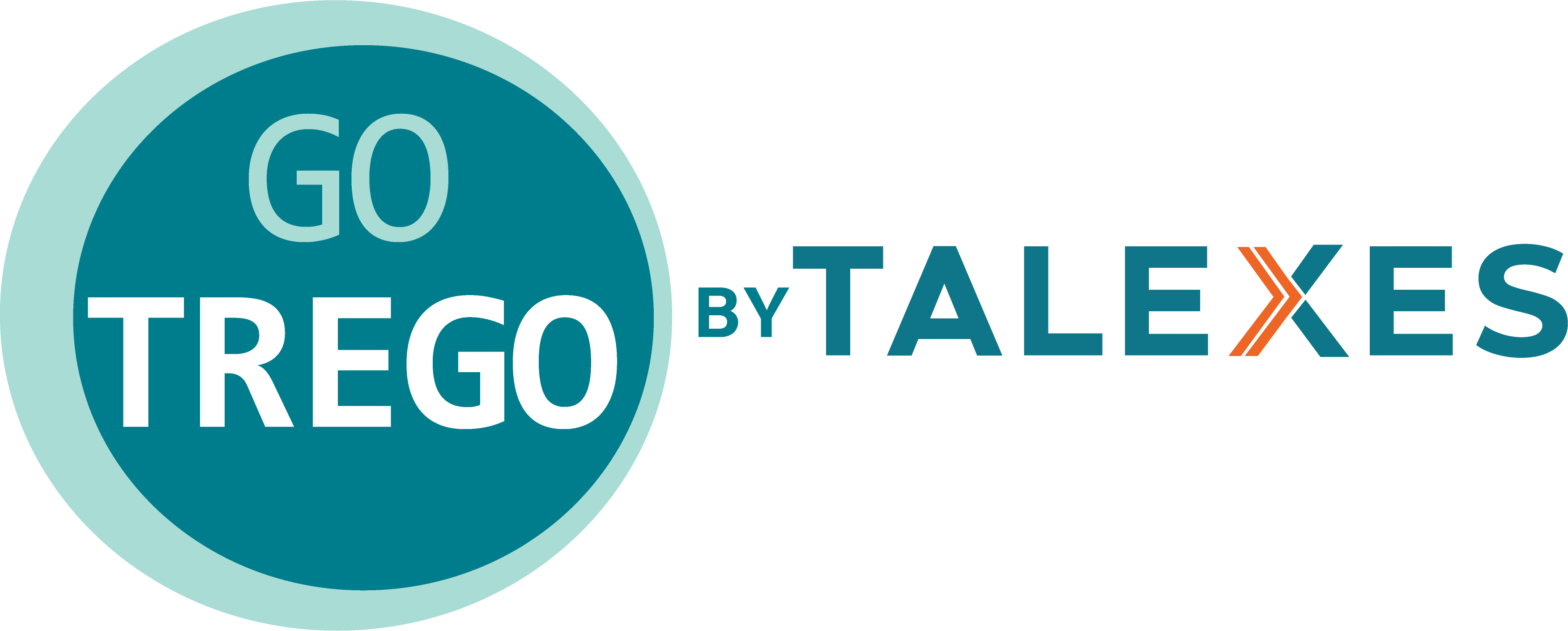In the auto industry, where precision, innovation, and teamwork are paramount, retaining top talent and ensuring their satisfaction begins long before they step onto the production floor or into the office. A well-structured approach to talent assessments, cultural fit, and employee onboarding can dramatically improve retention, satisfaction, and performance while supporting diversity and inclusion goals. Here are strategies tailored for the auto industry to optimize employee development and create a thriving workforce.
1. Defining Cultural Fit Without Sacrificing Diversity and Inclusion
Cultural fit is essential in the auto industry, where employees often work in teams to meet production goals or tackle design challenges. However, focusing on cultural fit must not come at the expense of diversity and inclusion. Organizations should align assessments with core values—such as innovation, collaboration, and safety—while actively seeking diverse perspectives. Balancing these priorities enriches team dynamics and fuels creativity.
2. Enhancing Talent Assessments for Better Outcomes
Talent assessments are the foundation for hiring and development decisions. In the auto industry, these evaluations should go beyond technical aptitude to include interpersonal skills, adaptability, and problem-solving. For instance, assessing a candidate’s ability to collaborate under pressure or adapt to new technologies is critical in a rapidly evolving sector. A robust assessment process ensures that new hires contribute effectively to both immediate tasks and long-term objectives.
3. Designing Employee Onboarding for Immediate Engagement
Onboarding is a critical phase in setting the tone for an employee’s journey. A structured onboarding program that introduces new hires to company values, safety protocols, and role expectations can significantly boost engagement. In the auto industry, providing hands-on training with the latest tools or systems fosters confidence and competence from day one, making employees feel prepared and valued.
4. Leveraging Competency-Based Assessments for Development
Competency-based assessments are invaluable for identifying skill gaps and tailoring development plans. For example, an employee struggling with advanced diagnostic tools in a service center might benefit from targeted training sessions. These assessments help organizations allocate resources effectively, ensuring employees are equipped to meet the demands of their roles.
5. Encouraging Self-Assessment to Drive Accountability
Self-assessments empower employees to take ownership of their development. In the auto industry, this could mean reflecting on areas such as technical proficiency or teamwork. Combined with feedback from managers, self-assessments offer a comprehensive view of performance, fostering accountability and self-improvement.
6. Supporting Diversity and Inclusion Through Feedback Mechanisms
Feedback systems like 360-degree evaluations ensure diverse perspectives are considered in performance reviews. By gathering input from peers, subordinates, and supervisors, these systems highlight strengths and areas for improvement from various angles. This approach supports an inclusive culture where every employee feels valued and heard.
7. Providing Timely, Specific Feedback for Continuous Improvement
Timely feedback is essential for sustaining momentum in the fast-paced auto industry. Whether addressing a production error or praising innovative solutions, specific feedback ensures employees understand their impact and how to improve. Frequent communication between managers and team members builds trust and drives performance.
8. Monitoring Trends to Address Systemic Issues
Employment assessments should not only evaluate individual performance but also uncover broader trends. For example, if a pattern of high turnover emerges in a particular department, it could indicate leadership challenges or inadequate resources. Identifying these trends allows organizations to implement systemic changes, benefiting the entire workforce.
9. Aligning Development Plans with Career Growth
Employee development plans should be as dynamic as the auto industry itself. By aligning these plans with career aspirations, organizations demonstrate their commitment to employee growth. Offering pathways to leadership or specialized roles—supported by tailored training—motivates employees to invest in their careers within the company.
Conclusion
The auto industry thrives on innovation, collaboration, and precision. By integrating cultural fit, diversity and inclusion, talent assessments, and effective employee onboarding, organizations can create an environment where employees are empowered to excel. Proactive assessment strategies ensure that every team member contributes to the industry’s success while feeling supported in their professional journey. With a focus on continuous improvement and development, the auto industry can build a workforce prepared to meet today’s challenges and tomorrow’s opportunities.





